|
Pointer to an HBR article by Avivah Wittenberg-Cox
Sometimes we overlook the many ways that our careers help our children, but this Harvard Business Review article by Avivah Wittenberg-Cox helps us keep everything in perspective. If you've ever doubted that your career helps your kids, you'll find these reflections from the mother of grown children valuable. Thank you, Avivah!
0 Comments
Commentary on a recent article in The Economist Most parents want their children to be paid fairly when they enter the workforce. They believe that compensation should correlate to value delivered, and that an employee's gender should not impact their pay. Many are passonate about the topic of "equal pay for equal work", and we recently wrote about some of them in the story "When Parents Act Like Corporations". The first step toward achieving equal pay is working (i.e. obtaining some pay ;). Then, if you want to compare your compensation to another employee's, you need to produce at least the same results or value as that person. Some fascinating data about the gender pay gap was recently published in the the story "Choices and Consequences". Some studies show that pay rates for men and women align until the birth of their first child. After that, women who have a child find that, on average, their pay dips. Many factors explain the dip, and some people are bothered by it. Researchers from Princeton, the London School of Economics, and the Danish Ministry of Taxation recently found that in Denmark, one of the greatest predictors for how a woman's pay will be impacted by having a child is the example set by her mother. Specifically, the example her mother sets in terms of how she manages her career. Apparently men's pay, on average, dips very little, if any, after their first child is born. You can read about this research in a short article in The Economist: The roots of the gender pay gap lie in childhood. So, if you're serious about wanting your daughter to be compensated at the same rate as the men she will work with, look no further than the example set within your own family. . . . Related note: A guy I know recently commented that we often give mothers most of the credit, as well as the blame, related to their children's opportunities and behaviors. We agree. At the same time, many couples believe that childrearing is a team effort, and neither parent's contribution is more important than the other's. Congratulations to all of the parents working so hard to support their children, each other, and their communities. It isn't easy, and that's why we admire you!
Inspired by the Harvard Business Review podcast: "Couples That Work" About two months after our second child was born, I was interviewing for a new job. I'd spent the previous few years at a start-up that never came close to delivering the compensation I'd walked away from with my previous employer. So when I received a respectable offer to return to that "previous employer" as a contractor, and in a role I'd filled right out of college nine years earlier, I felt relieved, encouraged, and happy to get my foot back in the door. But my husband didn't feel the same way. He told me that if I took that job I'd "ruin the family name" because I was overqualified for it and capable of more. He thought I needed to continue my search until I found a position that better aligned with my experience and provided compensation that aligned with that experience. That wasn't exactly the encouraging response I was expecting, so I paused, and then I took his advice. A month later I landed a much better offer for a position that required the experience I'd acquired and would compensate me accordingly. My husband's surprising encouragement to walk away from the "lesser" offer really caught me off guard. I'd always appreciated that he supported me, but I'd never realized how much he respected my capabilities. It was a huge confidence booster, and in hindsight, a defining moment that kept my career on track at a time when it could have easily been derailed. (It's also worth mentioning that by pushing me to take on more responsibility at work, demands on his time at home were certainly going to increase, so he didn't have much to gain by pushing me to strive for more.) Of course I ended up taking the better offer, and I never looked back. It turns out that this kind of "tough love" advice is a trait found within successful dual career couples according to an interesting Harvard Business Review podcast called "Couples That Work". Guest Jennifer Petriglieri calls this providing a "secure base" and points out that this kind of encouragement, when one spouse actually pushes the other to move further outside the relationship, is how we thrive, develop and grow. Interestingly, it's often the same kind of encouragement we give to our children to ensure they become capable adults. Any couple that wants to strengthen their relationship and career opportunities should listen to at least the first 10 minutes of this podcast.
Related story:
Pointer to a video about Rachel Freier Some parents have a lot of children. Some parents follow religious traditions. And some parents have demanding jobs. This parent broke the mold when she combined all three. Watch this video (~6 min) to learn more about her impressive story on the Megyn Kelly TODAY show.
Pointer to video featuring Jas Kaur Jas Kaur, mother of four, launched Goodwill Glasses last March (2017). As a working mom she strives to help others while setting a good example for her children. She tells her story in this very short video (< 2 min). This article tells her story too.
Sisters First was written by Jenna Bush Hager and Barbara Pierce Bush
Lately I've been watching YouTube videos while exercising, and recently I stumbled across some very entertaining segments featuring the Bush Twins, Jenna Bush Hager and Barbara Pierce Bush, daughters of former president George W. Bush and former first lady Laura Bush. These young women (now 36) have been on tour promoting their new book Sisters First: Stories from Our Wild and Wonderful Life. They are highly entertaining, and I especially enjoyed their Nov 8, 2017 interview at the Reagan Library.
After watching a number of their interviews, I started to wonder if I really needed to read the book, but finally decided to buy it in an effort to encourage them to keep the stories coming. And I'm glad I did. It's entertaining, informative, and touching, and there are quite a few stories in the book that haven't been shared via the interviews. The reason I mention it within the context of Working Parent Stories is that I think it provides a valuable example of how a parent's career can not only enhance a child's life, but how it can shape it as well. It's probably not surprising that these young women's lives have been shaped by their experiences as "first daughters", but their stories seem to present a suprising case for the value a working parent's career can provide to his or her children. The interviews left me wondering if their childhoods were almost too good to be true, and while watching them I even started to feel a little like a slacker parent, but the book does a great job of painting a more well-rounded picture of their family life and a portrait that I personally found encouraging and inspiring. This is a collection of stories that are likely to encourage working parents everywhere. If you ever wonder if your career is helping your kids, I recommend you read this book or at least watch one or more of the videos. The stories are likely to bring you comfort and they may even inspire you to find new ways to be sure that your career is influencing and shaping your own children in a positive way. Happy reading!
Submitted by Melissa Luttrell - "My goal has always been to provide healthy, supportive parenting while attempting Setting an example for my daughter, who is now in college, has always been important to me. I've tried to show her what it means to be a strong, capable woman, and I've done this in a variety of ways through the years. When she was young, I wanted her to see me in leadership roles and working for social justice, so I took her to meetings and events with me. She was often able to get involved and contribute herself at some level. She was homeschooled through the fifth grade, so she saw me working with other parents to plan and coordinate curriculums and activities. When she transitioned to a public school, she watched me go to work as I took on an executive director position at a local non-profit agency. She later became a volunteer herself there.
By Pamela F. Lenehan via Mother.ly and FairyGodBoss - "I talked to grown-up children who were raised by working mothers." This article contains insights based on conversations with grown-up children raised by working mothers. According to them, their mothers prepared them well for successful, well-rounded adult lives. And this was especially true for daughters.
Pointer to a blog post by Dr. Sandy Fiaschetti - "It was no big political statement or anything controversial ..." Dr. Sandy Fiaschetti, a working mom with five kids, won an award, but she didn't accept it. Read why in her recent blog post.
Submitted by Shannon Mika - "Some friends help us shift our thinking ..."
My husband and I have three boys. The first can legally drink, the second wishes he could, and the third is a decade from it. Not only are the boys spaced across fourteen years, none of us shares the same two biological parents. Our first is a product of my husband's first marriage which ended in divorce. Our second is the product of my first marriage which ended after cancer killed my husband. And our youngest – he was the product of this blended chaos! Like any house, there’s always lots going on under our roof. Oh, and not only am I the Mom of this tribe, the Director of Operations for this household, I work full-time too.
Frequently I find myself talking about motherhood with other moms. And guess what? As different as we all are, we’re not all that different. Through it all – the joy, the heartbreak, the guilt, the laughs, the tears, the fear, the days we’re hanging by a thread – it seems to me that we’re all just doing the best we can! I suspect the dads feel the same way. Even so, I can’t help but feel a little (okay, a lot) guilty about what I do or don’t do. But I’m working on that. A while back, a friend posted something profound on Facebook. She said she's trying to frame life with gratitude instead of guilt. Easier said than done, right? Maybe not. The trick is simple, she’s started replacing her “I’m sorrys” with “Thank yous.” Instead of saying, "I'm sorry I'm late" she says, "Thank you for waiting." Instead of saying "I'm sorry I'm such a mess" she said, "Thank you for accepting me unconditionally." This switch has really stuck with me. And once again, it struck me; we all learn from each other. Some friends help us shift our thinking, some accept us on the "messy" days, and some help us understand that we're all just doing the best we can. And most days, that's good enough.
|
The StoriesArchives
March 2022
Categories
All
|
Photos from barnimages.com, marcoverch, truewonder, donnierayjones, marcoverch, shixart1985, Gustavo Devito, edenpictures, nan palmero, quapan, The Pumpkin Theory, bark, opassande, Semtrio, Ivan Radic (CC BY 2.0), verchmarco (CC BY 2.0), Didriks, shawnzrossi, shixart1985 (CC BY 2.0), madprime, marksmorton, CT Arzneimittel GmbH, NwongPR, franchiseopportunitiesphotos, anotherlunch.com, jdlasica, wuestenigel, Frinthy, romanboed, Doris Tichelaar, quinn.anya, A_Peach, VisitLakeland, MEDION Pressestelle, Darren Wilkinson, bratislavskysamospravnykraj, Anthony Quintano, Danielle Scott, pockethifi, Bridgette Rehg, Martin Pettitt, PersonalCreations.com, wuestenigel, Thad Zajdowicz, archer10 (Dennis) 139M Views, Infomastern, beltz6, The National Guard, futurestreet, daveynin, OIST (Okinawa Institute of Science and Technology), Rinet IT, shixart1985, mikecogh, JeepersMedia, Ryan Polei | www.ryanpolei.com, Jake.Christopher., aleksandrajovovich, thepeachpeddler, wwward0, flossyflotsam, Got Credit, Senado Federal, Corvair Owner, lookcatalog, moodboardphotography, dejankrsmanovic, Carine fel, ElleFlorio, {Guerrilla Futures | Jason Tester}, greg westfall., Arlington County, mariaronnaluna, quinn.anya, wuestenigel, Tayloright, insatiablemunch, MrJamesBaker, Scorius, Alan Light, Monkey Mash Button, www.audio-luci-store.it, wohlford, Vivian Chen [陳培雯], okchomeseller, BoldContent, Ivan Radic, verchmarco, donnierayjones, Czar Hey, US Department of Education, Andrew Milligan Sumo, Michel Curi, anotherlunch.com, ProFlowers.com, Cultural viewpoints from around the world, alubavin, yourbestdigs, Rod Waddington, Tayloright, Wonder woman0731, yourbestdigs, donald judge, Thomas Leth-Olsen, Infinity Studio, shixart1985, wuestenigel, francesbean, Roger Blackwell, MrJamesBaker, Luca Nebuloni, MFer Photography, erinw519, boellstiftung, North Carolina National Guard, A m o r e Caterina, MrJamesBaker, bellaellaboutique, Free For Commercial Use (FFC), Prayitno / Thank you for (12 millions +) view, wuestenigel, Matt From London, MadFishDigital, Kompentenzzentrum Frau und Beruf, mikecogh, CreditDebitPro, marciadotcom, Mr.Sai, _steffen




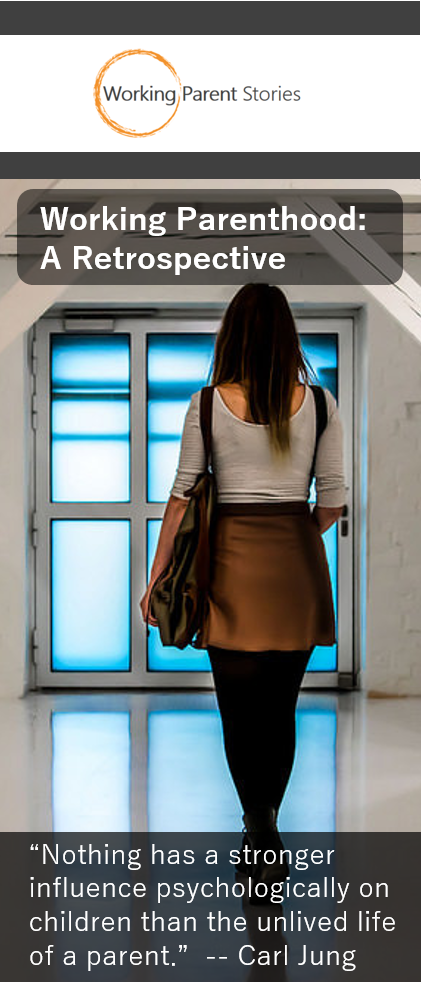
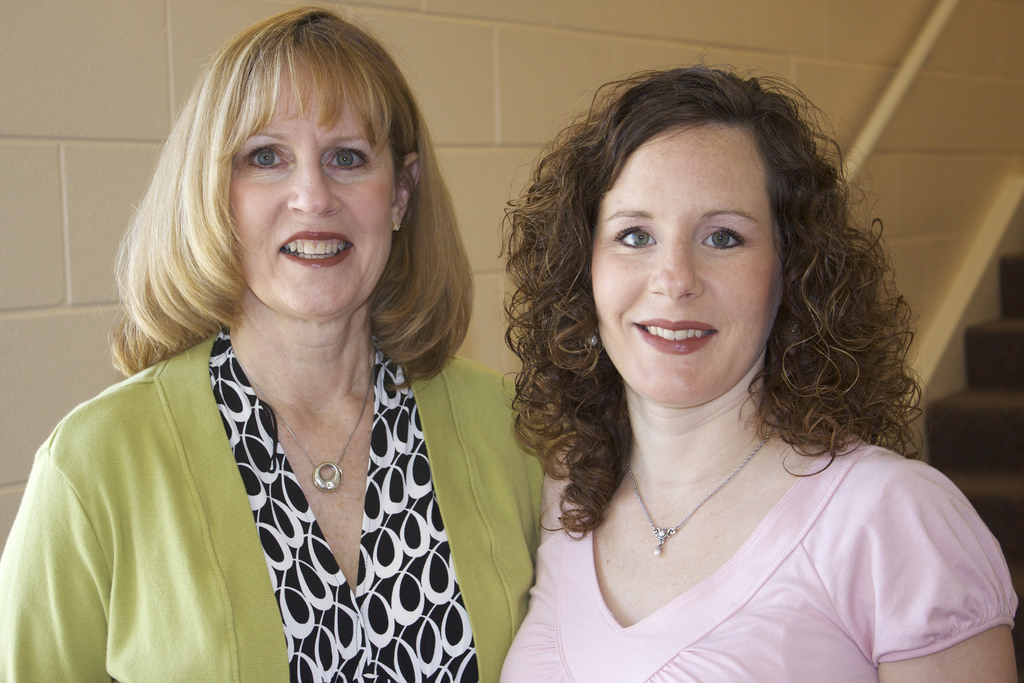







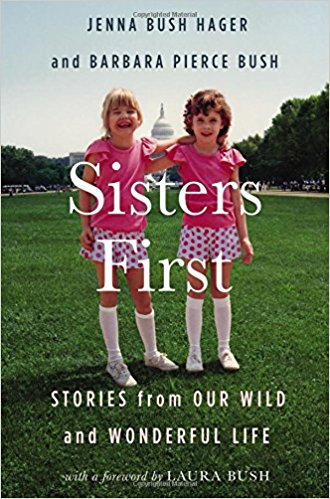


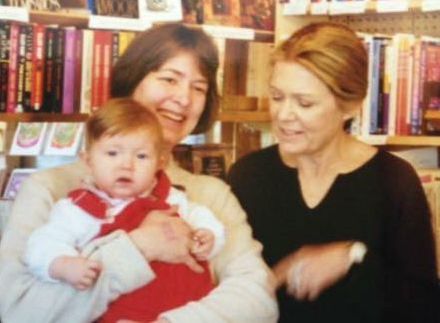


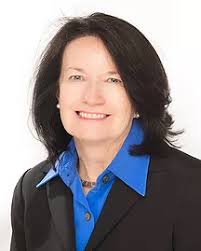

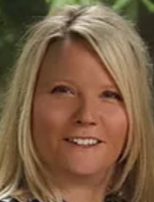

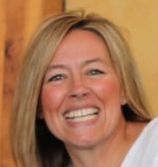
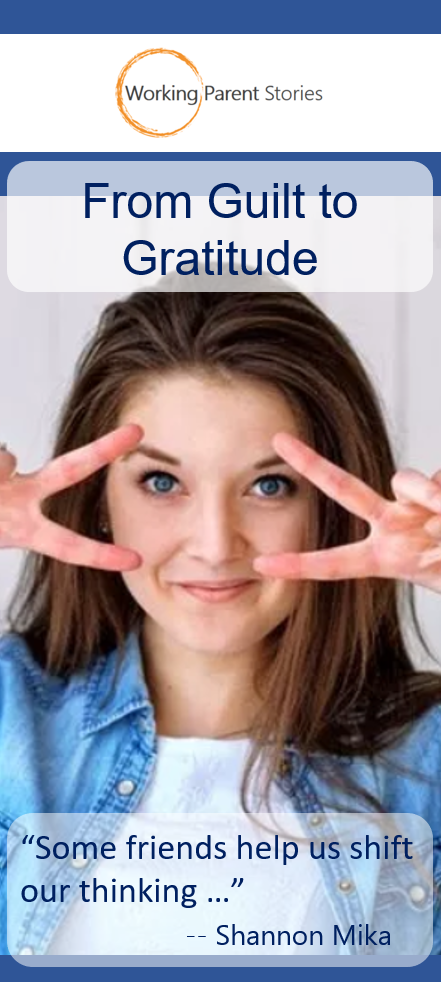
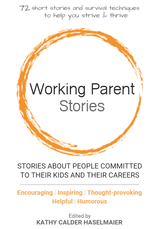
 RSS Feed
RSS Feed